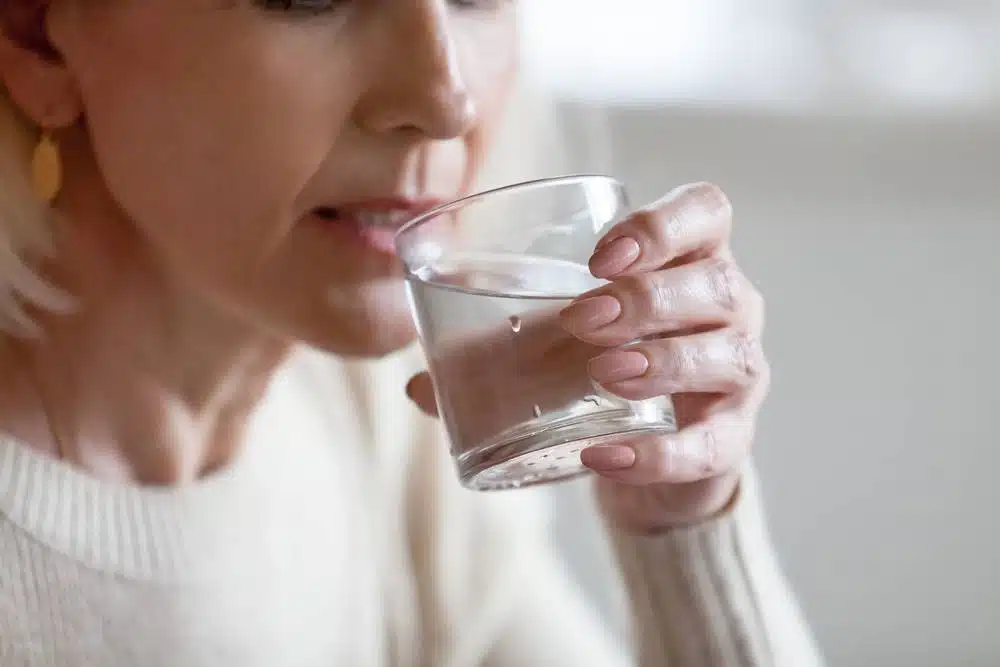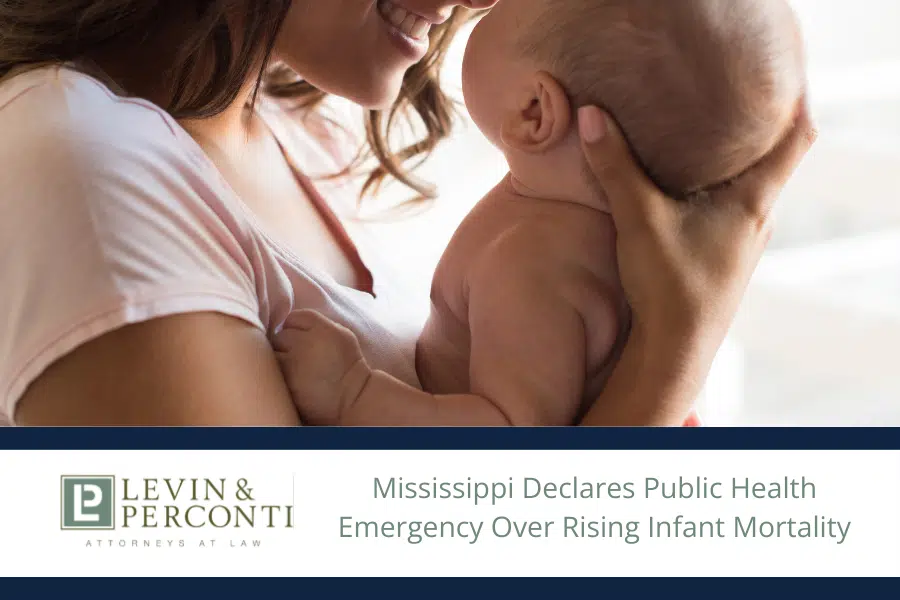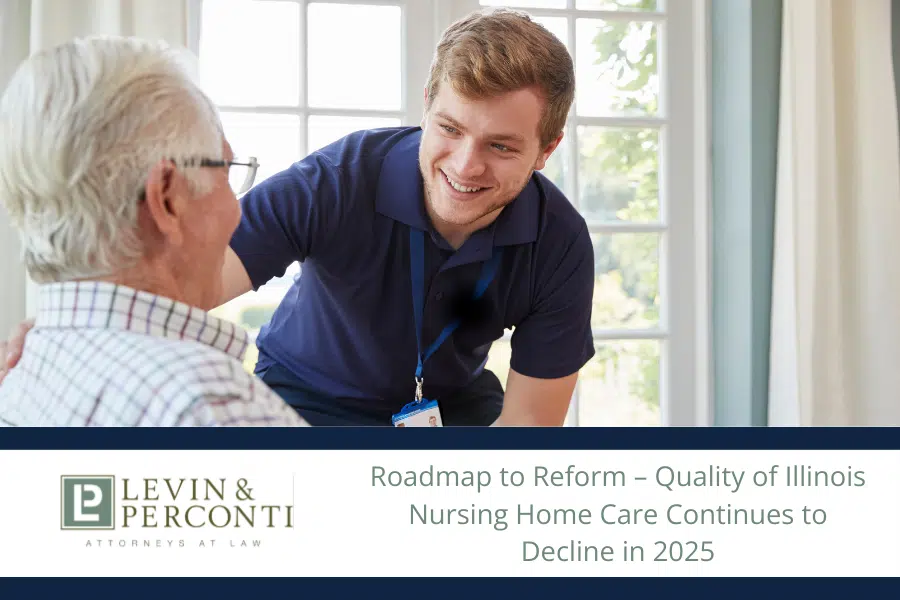March is National Nutrition Month – Nursing Home Negligence Can Lead to Malnutrition and Dehydration
In long-term care and post-acute care settings, malnutrition is often a result of ongoing neglect by caretakers who do not offer enough food or do not monitor proper nutrient consumption either by the mouth or a feeding device. And although delivering nutritious food, adequate amounts of water, and quality care to these individuals seems like basic necessities all facilities should provide, a staggering 85% of elderly living in nursing home-type environments suffer from malnutrition.
According to the Academy of Nutrition and Dietetics:
- Among Medicare recipients, 58% of institutionalized older adults need assistance with eating.
- Of those diagnosed with malnutrition, or at risk for malnutrition, only 19% were recognized by professionals as malnourished, and only 7% of those diagnosed were referred to a dietician.
- Nearly 90% of nursing home residents with advanced dementia have eating problems.
- For older adults in community settings, food insecurity, lack of transportation, and inability to purchase or prepare food can all contribute to inadequate nutrient consumption.
It’s vital for family members and care staff to advocate for resources that involve a registered dietitian nutritionist to help evaluate resident needs and recommend appropriate nutrition interventions according to each individual’s right to make health care choices.
March is National Nutrition Month – and a timely opportunity to remind family members of the most common signs of nursing home residents living in long-standing neglect – malnutrition and dehydration.
Malnutrition Leads to Higher Incident of Illness and Death
Malnutrition may be especially prevalent among elderly residents who may have specific reasons for their reduced caloric intake. Older individuals may not have a good appetite because of their medications, are challenged by cognitive disorders, and have dental problems or irritations that could cause them to eat less. Health conditions may have also changed a diet they are used to, or they now have to take in food and water through a feeding tube because of a disability or illness.
Physical and mental health issues to watch out for that can be caused by malnutrition include:
- Dental issues, canker sores, or thrush
- Red or glassy eyes
- Difficulty thinking or communicating thoughts and feelings
- Fatigue, behavioral disruptions, and depression
- Yellow skin
- White fingernails
- Heavy wrinkles
- Chronic illnesses
- Medications that interfere with nutrient absorption
- Recurrent hospitalizations
- Irregular bowel movements
- Fever
- Diminished taste or smell
- Abdominal issues like pain or bloating
- Misdiagnosis
- Death
Malnutrition can have long-term effects on quality of life, proper organ function, and death if not treated. Residents who do not receive adequate nutrition and hydration in their diets are also more at risk of developing bedsores, and pressure ulcers, infection, muscle weakness leading to immobility and falls, and poor nutrition and hydration make it more difficult for existing health issues to be treated or wounds healed.
Dehydration is Often Related to Malnutrition
Dehydration is another serious concern among the elderly. People require proper liquid intake throughout the day to ensure that their cells function correctly. Those in nursing homes are very likely to suffer from dehydration if their fluid intake is not supervised. Older people may not feel thirsty and may simply not remember to drink an adequate amount of water if not reminded or part of their care routine. The result can be headaches, fatigue, body aches, and disorientation, leading to falls or injuries. Many other illnesses produce similar symptoms, so it is crucial to have the patient examined by a physician to determine the problem.
What to Do If Concerned About a Resident’s Diet and Nutrition
Besides knowing the symptoms of malnutrition and dehydration, there are a few ways to help nursing home residents, like creating a plan of action after noticing the first sign of nutrition-related distress.
- If you suspect someone is not doing their job caring for a resident, alert the director immediately. If severe, don’t hesitate to call 911.
- Demand a nutrition evaluation and better care, and commit to having daily conversations with the physicians, nurses, and care staff in charge of your loved one’s healthcare plan to hold them accountable.
- Ask for daily updates and weekly weight-check reports.
- Plan for snacks between meals and ask about considering a supplement or providing an alternative meal plan.
- Always report any concerns that are not being addressed by the administrator to the proper resources such as an Illinois Long-Term Ombudsmen or nursing home neglect lawyer as soon as you feel necessary.
Both malnutrition and dehydration are serious health concerns. By staying proactive, you significantly reduce the risk of you or a loved one suffering – or worse. And remember that nursing homes must meet the federal residents’ rights requirements if they participate in Medicare or Medicaid and can be held accountable if not.
Speak Up Against Willful Neglect and Noncompliance with Resident Care Plans
Some nursing home residents have special dietary needs that must be followed to ensure optimal health. Sometimes, a nursing home does not comply with a patient’s nutritional needs, which can cause medical problems. If a resident has unique requirements, their doctor should provide them to the nursing home manager or nursing director. The facility must do what is necessary to fulfill the needs of each resident. For example, some people may need to eat a diet of only soft foods. Non-compliance could mean that the patient gets a tray of regular food, which he cannot eat.
Some patients may require a hospital stay to be treated and need additional nutritional supplements or beverages to add calories and nutrition to the diet. Nursing home staff must take special care to ensure that they are getting what they need to stay healthy. If help with eating is required, it should be provided. The team must supervise and monitor both the food and liquid intake of the resident. Additionally, the resident should be seen by a doctor immediately upon noticing any continued difficulty.
Malnutrition and dehydration can prove that a facility is not providing a basic standard of care to your loved one and may be considered a form of neglect or abuse. Nursing homes are required to provide proper care, and when they don’t, they could be responsible for any medical problems, emotional pain, or tragedy such as death.
Chicago Nursing Home Attorneys Who Want to Help Your Family
Levin & Perconti is one of the nation’s most recognized and respected leaders in the areas of elder abuse and nursing home negligence litigation and settled cases throughout the city of Chicago, surrounding suburbs, and the entire state of Illinois. If you suspect neglect or abuse of a loved one in a nursing home, please contact us now for a FREE consultation with one of our attorneys. Call us toll-free at 1-877-374-1417 or in Chicago at (312) 332-2872.



